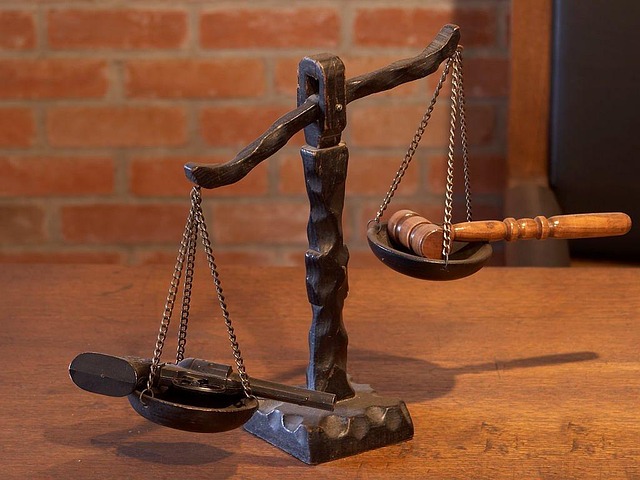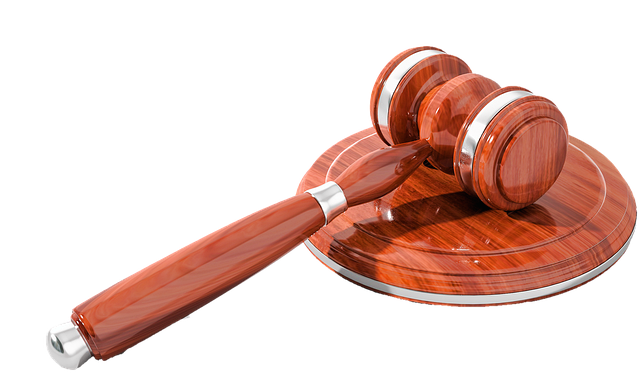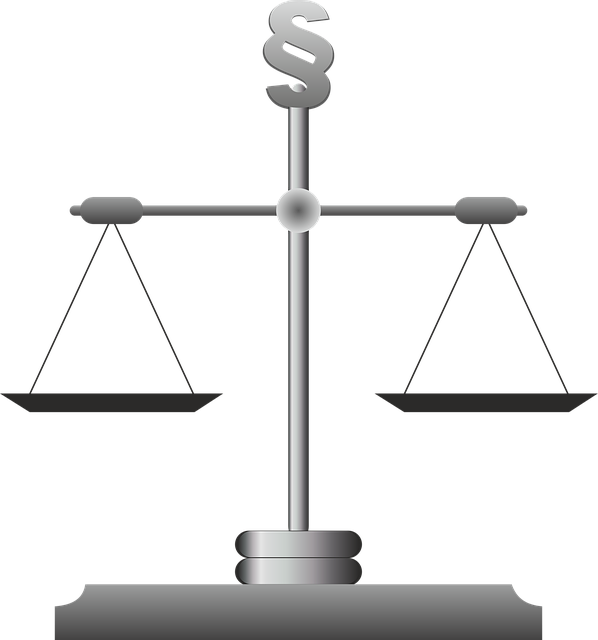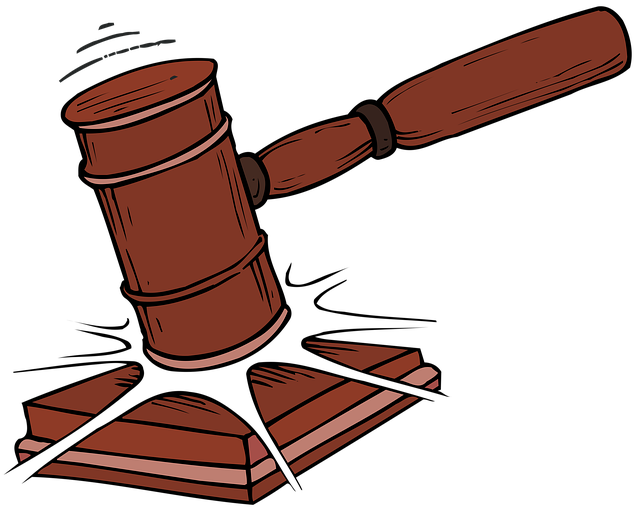Litigation Support Services play a vital role in upholding Due Process in Criminal Law Cases by offering advanced tools and expertise for pre-trial investigations, appeals, and defense planning. They ensure fair trials through meticulous evidence review, strategic development, and identification of procedural errors, potentially leading to charge dismissal. In the digital age, data analytics and AI enhance case analysis, streamlining discovery processes and improving legal representation. LSPs maintain ethical standards, upholding fairness and public trust by managing sensitive data impartially and transparently.
“Litigation Support Services play a pivotal role in modern criminal justice systems, ensuring fairness and efficiency. This article delves into the intricacies of these services, offering a comprehensive guide on their application within criminal law. We explore how skilled professionals facilitate proceedings by upholding strict due process standards. From efficient legal research and evidence management to leveraging technology for advanced case analysis, we uncover strategies that strengthen arguments. Furthermore, ethical considerations are addressed, emphasizing integrity in handling sensitive information. Understanding these services is crucial for navigating the complexities of due process in criminal law cases.”
- Understanding Litigation Support Services in Criminal Law
- The Role of Due Process in Criminal Proceedings
- Efficient Legal Research and Evidence Management
- Enhancing Case Analysis with Advanced Technology
- Ethical Considerations for Litigation Support Professionals
Understanding Litigation Support Services in Criminal Law

Litigation Support Services play a pivotal role in ensuring Due Process in Criminal Law Cases. These services encompass a wide range of activities designed to assist legal professionals in navigating complex criminal proceedings, from pre-trial investigations to post-verdict appeals. By leveraging advanced technologies and expert analysis, litigation support enhances accuracy, efficiency, and fairness throughout the judicial process.
In particular, these services help defend against unfounded charges and avoid indictment by scrutinizing evidence, identifying procedural errors, and providing strategic insights. This proactive approach not only strengthens defense arguments but also contributes to avoiding unnecessary trials. Moreover, skilled litigation support can lead to a complete dismissal of all charges if inadequate procedures or investigative mishandlings are uncovered, ultimately protecting the rights of the accused and preserving the integrity of jury trials.
The Role of Due Process in Criminal Proceedings

In criminal proceedings, due process serves as a cornerstone, ensuring fairness and justice for all individuals involved. It encompasses a series of legal protections designed to safeguard defendants’ rights and maintain the integrity of the justice system. This concept is deeply intertwined with the principles of a democratic society, requiring balanced and impartial procedures that allow both the prosecution and defence to present their cases effectively. The right to a fair trial, including due process in criminal law cases, is not only a legal requirement but also a cornerstone of a healthy philanthropic and political communities.
A key aspect of due process in criminal cases involves ensuring a defendant’s right to a jury trial, where an impartial jury considers the evidence and makes a decision based on the facts presented. This is particularly significant in high-stakes cases, such as those involving white collar defense, where complex financial and legal issues may arise. Proper due process allows for a thorough exploration of these matters in open court, enabling judges, jurors, and lawyers to navigate intricate legal landscapes while adhering to established precedents and principles.
Efficient Legal Research and Evidence Management

Efficient legal research and evidence management are paramount in modern litigation support services, especially in complex cases such as general criminal defense. With the vast amount of information available, having robust systems in place ensures that all relevant facts are considered, enabling lawyers to build a strong case based on solid due process in criminal law cases. This involves meticulously sifting through legal documents, case histories, and expert opinions to identify key elements that can make or break a defense strategy.
A proficient respective business leverages advanced tools to manage evidence, ensuring it is organized, accessible, and secure. This allows for quick reference during trials, enabling lawyers to present their arguments with confidence and poise. An unprecedented track record of successful cases often attributes to the meticulous legal research and evidence management strategies employed by these litigation support services, ultimately contributing to favorable outcomes in general criminal defense matters.
Enhancing Case Analysis with Advanced Technology

In today’s digital era, advanced technology plays a pivotal role in enhancing case analysis for litigation support services. Tools like data analytics and artificial intelligence enable legal professionals to sift through vast amounts of information quickly and accurately. This is particularly crucial in complex cases where understanding patterns, trends, and relevant facts can significantly impact the outcome—especially in due process in criminal law cases. By leveraging these technologies, legal teams can uncover critical evidence, identify potential loopholes or strengths in their arguments, and make informed decisions that benefit their respective business and clients.
Moreover, for his clients, whether corporate or individual, these innovations streamline the discovery process, making it more efficient and effective. This not only reduces time and costs but also ensures a deeper level of precision, allowing legal strategists to tailor their approaches to the unique needs of each case. As a result, the overall quality of legal representation is improved, providing clients with a competitive edge in their litigation efforts.
Ethical Considerations for Litigation Support Professionals

Litigation Support Professionals play a crucial role in achieving extraordinary results for both corporate and individual clients involved in general criminal defense cases. However, their work must be underpinned by strict ethical considerations to ensure due process is upheld. These professionals are often tasked with handling sensitive information, which demands they maintain client confidentiality and privacy. This includes safeguarding evidence, witness statements, and legal strategies from unauthorized access or disclosure.
Adhering to professional codes of conduct and legal ethics guidelines is vital for maintaining public trust and ensuring fairness in the justice system. Litigation support specialists must act impartially, avoiding any conflicts of interest that could compromise their objectivity. Furthermore, they should be transparent about their methods and procedures, allowing all parties involved to understand how evidence is handled, analyzed, and presented, thereby reinforcing the integrity of the criminal law process.
Litigation Support Services play a pivotal role in ensuring fairness and efficiency within the criminal justice system. By leveraging advanced technology, professionals can enhance legal research, streamline evidence management, and improve case analysis, all while adhering to strict ethical guidelines. Understanding these services, as outlined in this article, is crucial for navigating due process in criminal law cases, ultimately fostering a more robust and transparent judicial system.






